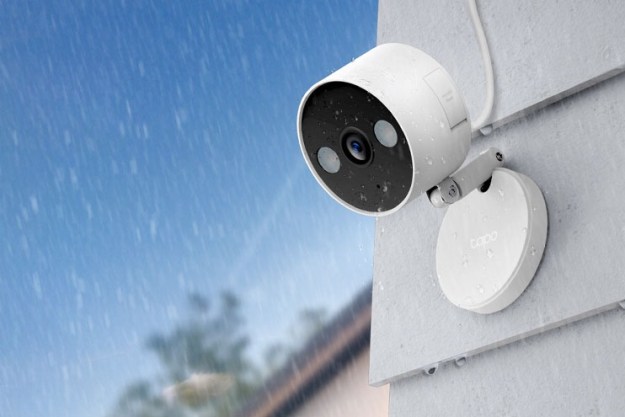
Since 2003, the Recording Industry Association of America (RIAA) has filed somewhere in the neighborhood of 35,000 lawsuits against individuals it believes are copying and distributing music illegally via peer-to-peer filesharing services like Gnutella and BitTorrent. The RIAA intended the lawsuits to be a warning against Internet users downloading music illegally, but instead gave rise to a severe consumer backlash against the recording industry: unsurprisingly, customers did not like to be made to feel like criminals, and the RIAA didn’t help itself when it flung lawsuits against children, single mothers, and even a deceased individual.
Now, the Wall Street Journal is reporting (subscription required) that the RIAA is planning to forego its more than five-year-old “sue them into the ground” strategy in favor of a plan that involves working with major ISPs to curtail unauthorized music distribution via P2P services. Under the agreement, the RIAA will contact ISPs when it believes one of their customers is distributing music in violation of copyright; the ISP will then contact the customer and ask them to stop. If the violations continue, the ISP will issue more warning, and the ISP might throttle the amount of bandwidth available to the customer. If the activity persists, the ISP may terminate service to the customer.
The RIAA is apparently working out these agreements with major U.S. ISPs but has declined to reveal which ISPs may participate in the program. Certainly the RIAA would like to have major broadband providers like Comcast, AT&T, Verizon, and Time Warner Cable on board. The ISPs would not disclose the names of their customers to the RIAA under the agreement, although the RIAA is like to reserve the right to resort to lawsuits to force ISPs to reveal the identities of alleged abusers in more serious cases.
While many industry watchers welcome the end of the RIAA’s litigation strategy, a privacy agreement with ISPs about curbing alleged customer abuses may create a lack of transparency in shutdown processes, whereby customers who may be falsely targeted by the RIAA—and the RIAA has certainly not been 100 percent accurate with their lawsuits—have no recourse or appeal process.


